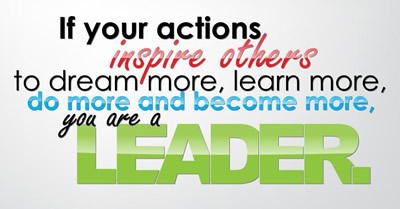“The people who get on in this world are the people who get up and look for the circumstances they want, and, if they can’t find them, make them.” —
George Bernard Shaw
I was fortunate to attend a webinar recently that explained the different types of motivation companies use to achieve their results.
I was captivated by what I learned and felt it might be very interesting to share this with you all.
Traditionally, companies rely on reward and punishment as the most common form of motivation.
However, a study done amongst Fortune 500 Companies has proven that the performance of staff actually dropped after 3 months when this type of motivational reward was used.
The findings clearly indicated that using external rewards, such as incentivizing staff to generate focused results on say a promotion, led to 7 major shifts in how a team performed. These were identified as having:
- Decreased intrinsic motivation from team members who normally loved their job and excelled
- Diminished performance levels
- Crushed creativity from team members as they were more focused on the reward, not how they can perform at higher levels to get better results
- Potentially crowded out good behaviour as the competitive environment became more intense
- Encouraged cheating, shortcuts and unethical behaviour
- Became addictive
- Fostered short term thinking
If you want high-level results from your team and consistent performance without having to micro manage, the recommendation is to really look at how you are meeting the needs of your team individually.
Are you paying them what they are worth, based on their level of experience, qualifications and contribution to your overall business values and mission?
Have they the tools they need to really deliver exceptional results and are you supporting them with the help they need to be the best they can be?
Using motivational incentives should be a way of you being able to give your staff meaningful information and praise about their work, and how well they are working to achieve exceptional results for not just your clients, but your business moving forward.
Individuals are known to excel when they have autonomy to do what they are good at, have the available resources, time and support to accomplish and master their craft. That leads to excellence because they are clearly doing what they love and what brings meaning and purpose to their lives.
How about you?
Are you delivering excellence into your team in a way that motivates them or that potentially can undermine everything you are trying to create and achieve? If you think you can improve, take a look Business4Beauty Professional Program. You can download a sample here.


Milton says
Excellent blog you have here.. It’s difficult to find high quality
writing like yours nowadays. I seriously appreciate individuals like you!
Take care!!